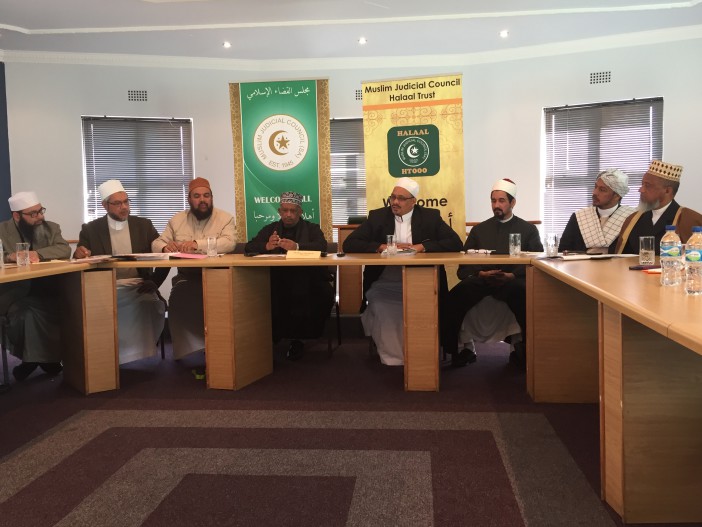The Muslim Judicial Council Halal Trust (MJCHT) is facing a public backlash over its halal certification processes, following an external audit which states the body must improve its systems. Last week, the MJCHT was delisted from the Department of Islamic Development of Malaysia (JAKIM)’s registry.
The international halal regulatory body conducted an external audit of the local halal authority in November last year and revealed that it failed to meet its criteria. While the MJCHT has moved to contest the findings, the public has taken to social media questioning their credibility as a halal certification body.
Speaking to VOC, media commentator Mahmood Sanglay said the current turn of events regarding the findings of JAKIM merits to some degree the level of concern expressed by members of the Muslim community.
“We should be critical but my concern is that the issues raised by JAKIM have historically been part of the MJCHT operations. In 2012 an Independent Halal Review Panel raised pertinent concerns regarding some key issues within the halal certifying system and with that, provided recommendations. Since then, the MJCHT has not communicated any approach towards the implementation of the said recommendations. This could have been avoided,” Sanglay explained.
The MJCHT held a press briefing at its offices in Athlone on Wednesday following the media frenzy around the delisting and reassured the public that all certified products by the MJCHT is indeed halal. The MJCHT leadership refused to answer questions regarding the IRHP’s report and promised to address these concerns at another time, much to the dismay of journalists.
At the briefing, MJCHT director Sheikh Achmat Seddick attributed their audit failure to technical challenges and nothing more.
MJC Mufti, Moulana Tauha Karaan, is expected to travel to Malaysia in the coming months to address the concerns highlighted in the audit. JAKIM has given the Halal Trust a window period of six to eight months to remedy the problem areas.
Consumer activist Imraahn Mukkadam believes that there is a need for accountability in the halal industry.
Mukkadam commended the MJC for engaging with the media on the issue but worries that it is high time for ulema to sort out their differences in jurisprudence that now results in confusion amongst the masses.
“We need unified standards towards international best practise that is endorsed by our government. Currently this is not happening in South Africa. Now the confidence of the consumer is being undermined. One of the biggest problems we have in this industry is when unscrupulous business people violate our halal requirements blatantly…we can’t hold them accountable. We have these big ulema bodies but they don’t have any legitimacy in terms of South African law, to sanction people who violate the halal market,” Mukkadam added.
In addition to Mukkadam’s views, listeners called in to the station questioning the leadership of the halal body. While many views were focused on the credibility of the organisation, others argued that the news of the delisting indicates the level of incompetency at the MJCHT.
JAKIM’s report however does not affect the halal integrity of the MJCHT locally but it does affect businesses in South Africa who wish to import to Malaysia, as the Malaysian government now does not recognise certified products by MJCHT as halal. Furthermore, the MJCHT maintains its stance on the findings. It said while it will work towards the implementation of the corrective measures, it finds the procedures by JAKIM “unacceptable”.
VOC (Ra’eesah Isaacs)






 WhatsApp us
WhatsApp us 

